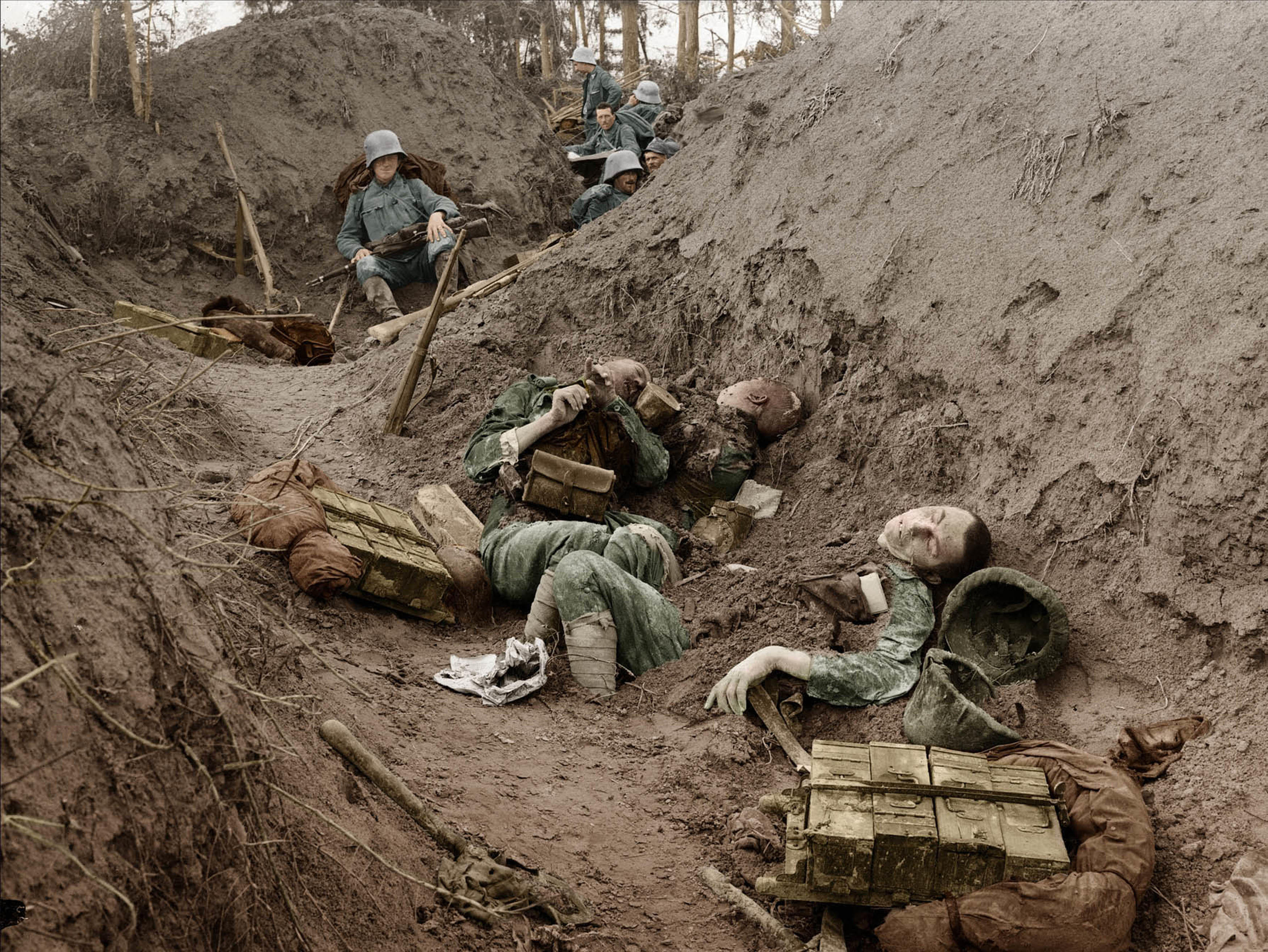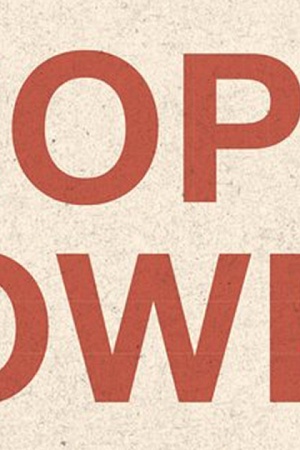War: A genealogy of Western ideas and practices
Oxford University Press, £35 hb, 444 pp
Swallowing up the weaker

Writing in the eighteenth century, Jean-Jacques Rousseau argued that the life of a king was made up of two objects: to extend his rule beyond the frontiers; and to make it more absolute within them. Reading those lines, I couldn’t help but think of Vladimir Putin, whose primary political goals seem to mirror those of absolutist monarchs. Rousseau was implying that war was an instrument wielded by capricious princes to serve their own interests. Not long after Rousseau, Antoine-Henri Jomini was the first military strategist to unpack the idea that war is the continuation of politics by other means. Many politicians and military strategists throughout the nineteenth and into the twentieth century agreed, whether democrats, fascists, or communists. General Ludendorff, Marshal Shaposhnikov, and Mao Zedong all came to the same conclusion: war and politics – one and the same thing.
These are two different explanations for why states go to war. For another kind of explanation that also echoes Putin’s behaviour, we can go back to the Peloponnesian War (431–04 bce). ‘If leaders of individual entities,’ writes Beatrice Heuser, ‘do not regard other entities as having the right to self-determination and independent statehood, the stronger may be tempted to swallow up the weaker.’ The Peloponnesian War was thus an example of a tendency among larger powers to eliminate smaller powers.
I am not arguing that Rousseau, Jomini, or the Peloponnesian War are adequate historical models that help explain Russia’s invasion of Ukraine – readers will understand the reasons are much more complex – only that a number of what might be called universalist principles of warfare and statehood appear to have remained largely the same for millennia. When one country decides to wage war and invade another, for example, there will inevitably be an appeal to the ‘national interest’, to security, and to a kind of toxic patriotism in which it is good to die for one’s country/group/clan, killing being an honourable thing to do. This does not mean that countries which seemingly appear irredeemable, like present-day Russia, cannot change; think of how much Germany’s or Japan’s militaristic societies have been transformed since 1945.
Continue reading for only $10 per month. Subscribe and gain full access to Australian Book Review. Already a subscriber? Sign in. If you need assistance, feel free to contact us.












Leave a comment
If you are an ABR subscriber, you will need to sign in to post a comment.
If you have forgotten your sign in details, or if you receive an error message when trying to submit your comment, please email your comment (and the name of the article to which it relates) to ABR Comments. We will review your comment and, subject to approval, we will post it under your name.
Please note that all comments must be approved by ABR and comply with our Terms & Conditions.